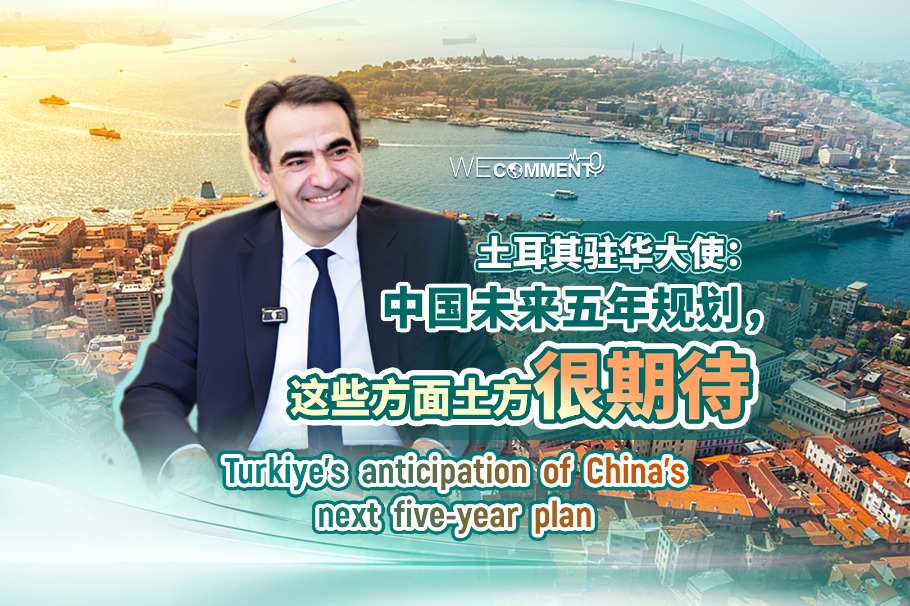Knowledge is money

KPOS help businesses move up the value chain with higher end skilled processes
A chart of currency exchange rates of the Chinese yuan vs the US dollar, British pound, euros and Japanese yen hang on of the walls. Next to it, there are five clocks that show time from five different time zones across the globe.
No we are not talking about a stock exchange here, but an office room of Join Innovation Technology Co Ltd in Xi'an. Workers dressed in blue uniforms are silently pounding away on their computers.
The company has around 1,000 employees, and annual revenue in excess of 60 million yuan. Most of it comes from providing data entry and analytic services for banks or insurance companies in different countries.
"Don't think the job is easy," says Zhang Weinong, deputy general manager of the company.
"It usually takes two or three years of training to become a skilled worker. Now my employees can recognize the English writing on medical claim forms or prescriptions which even Americans would think illegible."
A software writer himself, Zhang and his team designed several copyrighted training software. Security is tight. He refuses to reveal who his clients are or how much his team makes from data protection services.
Zhang started in the field of financial software in the mid-1990s before turning to KPO in 2006 and his company has been selected as one of the top 50 outsourced service providers in China for four years in a row.
A research report by KPMG states that ITO, developed in the 1980s, is the first generation of outsourcing business, followed by BPO in the 1990s. KPO, involved with the higher end of the business, is often considered as the third generation in the business chain.
Edge Zarrella, KPMG's global head of IT advisory, explained at a recent conference in Mumbai, India, how KPOs can make money. For example, a Wall Street security company assumes a project, which they predict will bring in $200,000 (141,000 euros) of turnover, but costs $250,000 for stock analytics. When the company outsources the project to a KPO service provider at $100,000, it not only makes profit out of the deal, but can also save time and focus on crucial part of their business.
Evalueserve (EVS), a KPO pioneer started in 2000 by an ex-director at IBM and an ex-partner at McKinsey, has predicted the KPO industry's global market size to reach approximately $17 billion in 2013-2014. EVS entered China in 2005 and has 170 employees in Shanghai.
Today's Top News
- Reunification will only make Taiwan better
- Outline of Xi's thought on strengthening military published
- Targeted action plan to unleash consumption momentum
- Separatist plans of Lai slammed
- Sinologists help to bridge civilizations
- HK unveils sweeping steps after huge blaze






























